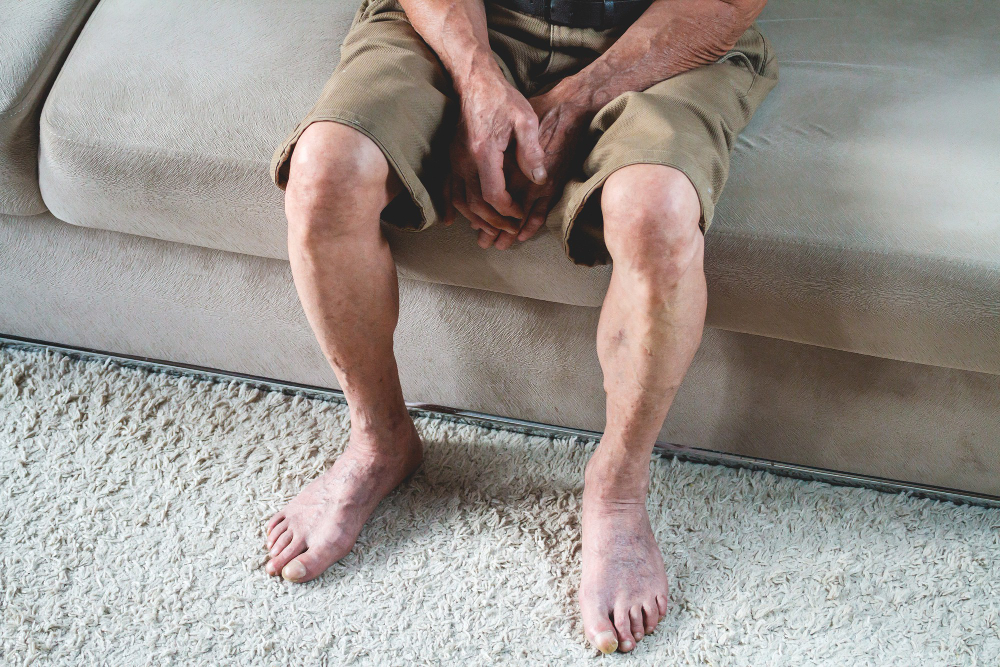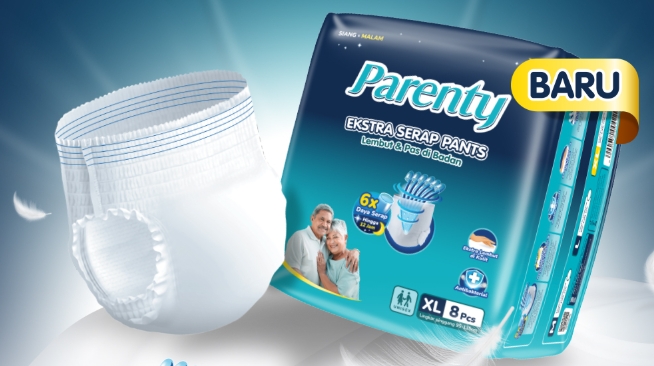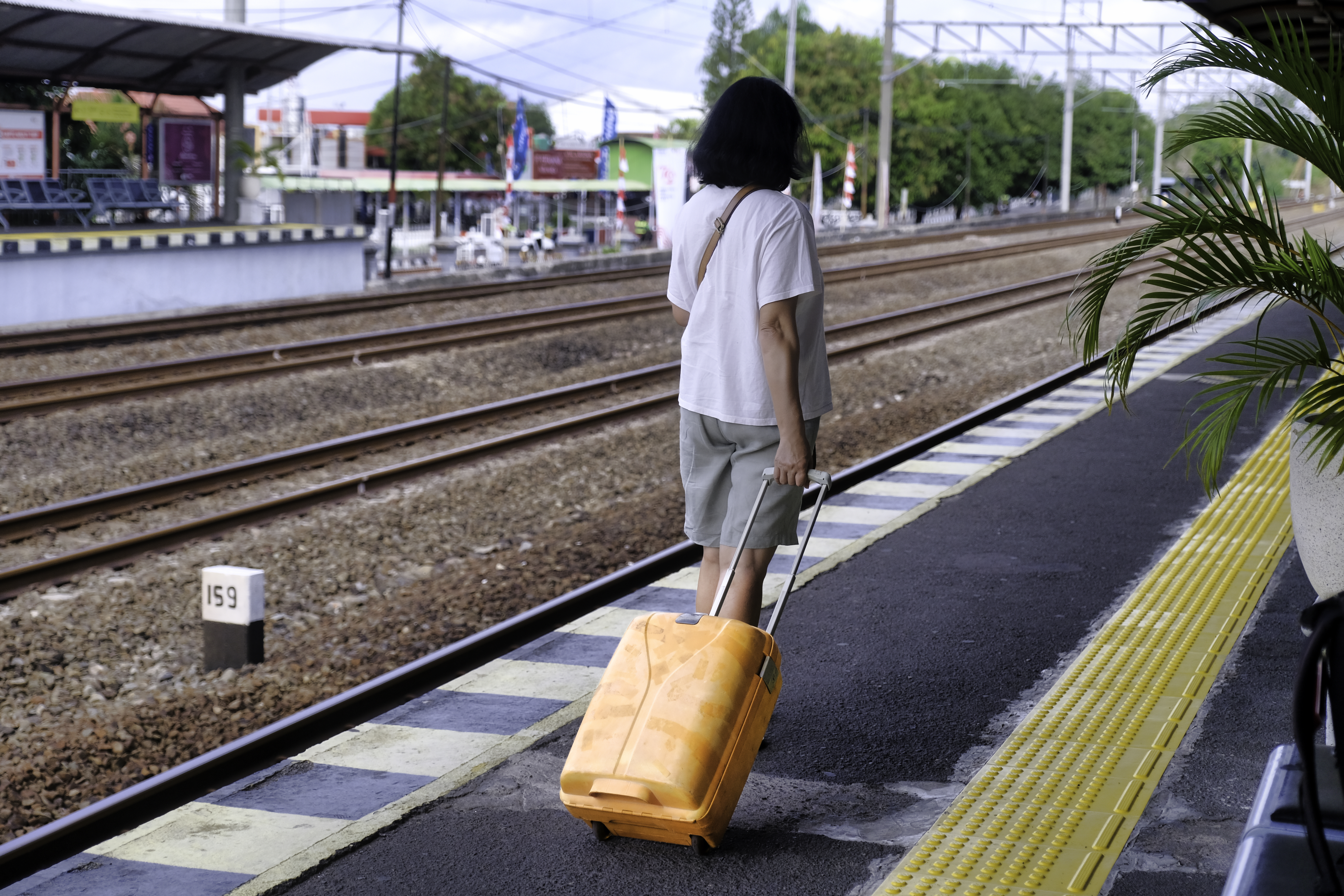Older people or the elderly can experience swollen feet. This swollen leg condition can interfere with daily activities. can even cause uncomfortable problems and can affect quality of life. For that, let's know what are the causes of swollen feet in the elderly and how to overcome them.
Causes of Swollen Feet in the Elderly
Swollen feet in the elderly can be caused by several factors, including certain medical conditions or an unhealthy lifestyle. Here are five common causes of swollen feet in the elderly and how to deal with them:
Heart Disease
A weak heart can cause fluid buildup in the body, which often shows up as swollen legs. Addressing heart disease and following the treatment prescribed by the doctor is an important step. A healthy diet, regular exercise, and avoiding stress can also help.
Kidney Disease
Kidney disease can cause fluid retention in the body, which can result in swollen legs. It is important to monitor kidney function regularly and follow your doctor's advice regarding the management of kidney disease. Limiting salt intake and consuming enough fluids can also help reduce swelling.
Varicose veins
Varicose veins are swollen veins that can occur in the legs. Wearing compression socks or stockings can help reduce swelling. In addition, watching your weight and regularly moving or elevating your legs above your heart can help improve blood circulation.
Edema
Edema is a buildup of fluid in the body tissues that can be caused by a variety of conditions, including impaired circulation, high blood pressure, or liver disease. Raising the legs above the heart when resting, limiting salt consumption, and maintaining a healthy weight can help reduce edema.
Chronic venous insufficiency
Chronic venous insufficiency is the most common cause of swollen legs in the elderly. Veins are vessels that return blood to the heart which is pumped to the lungs for oxygen. Venous vessels use a system of valves to keep blood from flowing backwards. However, as we age, the valves are no longer effective and the blood stays in the vessels for a long time. This condition is called chronic venous insufficiency.
How to deal with swollen legs in the elderly
Swollen legs can happen to anyone including young people. For this reason, while still young, swollen legs can be prevented so as not to interfere with activities when elderly later. Here are some common ways to deal with swollen legs in the elderly:
Rest
Asking the elderly to rest by raising their legs above their heart can help reduce swelling. This helps drain fluid back to the heart and reduces fluid buildup in the legs.
Cold Compress
Compressing the legs with cold water or using compression socks can help constrict blood vessels and reduce swelling.
Massaging
A gentle massage of the feet can help improve blood circulation and reduce swelling. Make sure to massage gently and avoid pressing too hard.
Salt Consumption Limit
Excessive salt consumption can lead to fluid retention in the body, which can worsen swelling. Monitoring and limiting salt intake can help reduce swelling.
Regular Exercise
Moderate exercise such as walking or swimming can help improve blood circulation and reduce swelling. Be sure to consult a doctor before starting a new exercise program.
Monitor Fluid Intake
While it is important to keep the body hydrated, drinking too much fluid can also cause swelling. Make sure to monitor fluid intake judiciously.
Keep an Eye on Body Weight
Excessive weight can put additional pressure on the legs and cause swelling. Managing weight with a healthy diet and adequate physical activity can help reduce swelling.
Monitor Health Condition
Swollen feet in the elderly can also be a symptom of serious medical conditions such as heart or kidney disease. It is important to monitor health conditions regularly and consult a doctor for proper treatment.
Those are the causes of swollen feet in the elderly and how to deal with them. You can do some of the above methods for parents at home. Hope it is useful! (Aq / PRT)
Read also:
10 Meals for Sick People to Heal Fast








